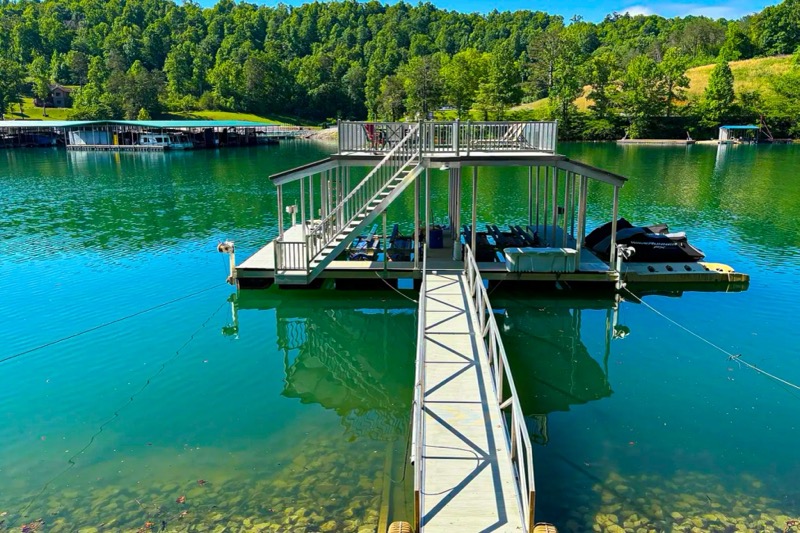
Dive into Safety: Essential Precautions and Protocols in Scuba Diving Sep 21, 2025
The foundation of scuba diving safety begins with thorough training and certification. It is crucial for beginners to undergo a comprehensive scuba diving course from a certified diving school. These courses equip enthusiasts with the necessary skills to handle equipment, manage buoyancy, and understand underwater signals. Moreover, certified divers must refresh their skills periodically, especially if they have been out of practice for a while. Diving agencies like PADI or NAUI offer refresher courses designed to keep your skills sharp and knowledge up-to-date.
Another cornerstone of diving safety is understanding and maintaining your gear. A diver’s equipment is their lifeline underwater. Regular maintenance of diving gear is non-negotiable; it ensures your equipment is in perfect working order. Before each dive, conduct a thorough inspection of your gear, checking for any signs of wear or damage. Pay particular attention to your regulator, buoyancy compensator device (BCD), and dive computer. Reliable dive gear can significantly reduce the chances of accidents, allowing you to focus on the beauty surrounding you.
Planning your dive is equally vital. Never dive without a plan and ensure you are aware of the dive site’s conditions and potential hazards. Before entering the water, discuss the dive plan with your buddy. Important details such as maximum depth, estimated dive time, and emergency procedures should always be covered. Keep an eye on weather conditions as they can change rapidly, bringing challenges such as strong currents or reduced visibility.
Additionally, the practice of the buddy system is vital in diving safety. Always dive with a partner, as this system ensures that someone is there to assist in case of an emergency. A dive buddy can help monitor equipment, navigate, and provide assistance if needed. Communicate regularly throughout the dive using hand signals to ensure both parties are comfortable and aware of their surroundings.
Equally important is managing your physical condition. Diving requires a decent fitness level and good health. Avoid diving if you are feeling unwell or fatigued. Stay hydrated before and after dives, as dehydration can exacerbate the effects of pressure and nitrogen absorption. Rest adequately, especially if planning multiple dives over several days. This way, you minimize the risk of decompression sickness and other related issues.
Finally, respect marine life and the environment. While exploring the magnificent underwater world, remember that these ecosystems are fragile. Maintain buoyancy control to avoid damaging marine habitats and never touch, chase, or harass marine life. Protecting these environments ensures they remain beautiful and thriving for generations of divers to come.
In conclusion, diving safety is a collective responsibility that begins with each diver taking the necessary precautions before, during, and after a dive. At 865 Divers, we are committed to fostering a culture of safety and responsibility among our clients while embracing the wonders of the ocean. By following these essential safety protocols, you not only enhance your personal safety but also contribute to the overall well-being of the diving community and marine environment. Dive smart, dive safe, and transform every dive into an unforgettable experience.
/filters:no_upscale()/media/37718421-9a7f-4d6b-91bc-33c74453e7db.jpeg)
/filters:no_upscale()/filters:format(webp)/media/4ee33a16-fce6-4320-805d-4ef50578ed81.jpeg)